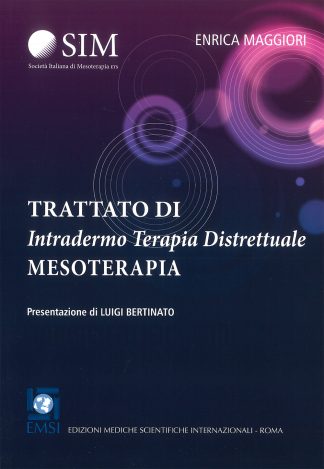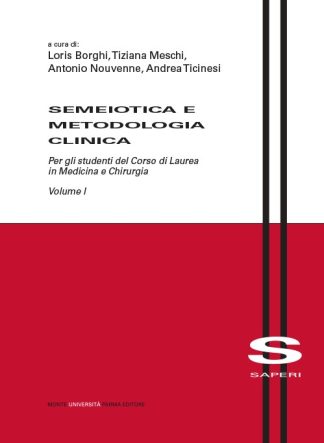Descrizione
Preface: Mordini E. Descrizione Globalisation is the process which embraces economic, political, social and cultural activity in the form of integrating, homogenizing and – according to some – levelling them. The analysis of this social phenomenon, by academics and practitioners alike, has concentrated on economic operations, particularly on the integration of financial markets and the information technology which has inter-connected them and speeded up the operations of money and forex markets. But the cultural effects are equally pervasive and vital. As Alan Greenspan noted “A global financial system, of course, is not an end in itself. It is the institutional structure that has been developed over the centuries to facilitate the production of goods and services”. Perhaps this description does not take us very far and it certainly would not satisfy academics and students of economic theory, but its awareness of historical reality should help to prevent us from dealing with globalisation as a sort of eternal technological glory that has suddenly enveloped the world. Globalisation is not only an economic problem as we tend to think nowadays. As explained by Braudel (1979), “in every globalisation, there are four essential aspects (or orders): an economic aspect, a social one, a cultural aspect and a political one”. He insists on the fact that we cannot isolate the economic aspects from the others “orders” and that older globalisation started essentially as political constructions and not as economic ones (for example China and India and their dependant countries). The BIG project (Bioethical Implications of Globalisation Processes) addresses a specific aspect of cultural and political effects of globalisation, that is ethical issues raised by globalisation processes in the biomedical and health fields. With the term “bioethics” we mean – according to the classic definition given by W. Reich in 1978 – “the systematic study of human conduct in the area of life sciences and health care, in so far as this conduct is examined in the light of moral values and principles”. Bioethics is increasingly faced with the issues posed by globalisation. The reasons for the development of “bioethical globalisation” are very complicated: some concern governance of world economy, such as the two WTO treaties, TRIPS and GATS, which are creating a new global health market; others concern the introduction of new technology, such as the spreading of new info technology, in the health care sector coupled with the birth of a new cosmopolite, global civil society; others concern the increasing interconnectness between biotechnology for civil purposes and biotech with potential military use. In the last analysis, bioethics concerns are global in nature: no single nation can combat infectious diseases, cleanse the environment, run pharmacological research and prevent bioterrorism (just to cite a few) alone, without the cooperation of others. Moreover economic globalisation presents formidable challenges with respect to the promotion of health, and future health prospects increasingly depend upon it. The BIG project has identified four sets of pressures for change in the bioethical field: 1) mobility of people; 2) technological revolution; 3) liberalisation of health market; and 4) increasing availability of dual use technology and increasing risks of biowarfare. During the first two years of the project (2003-4) four expert meetings have been convened to discuss these issues. The four reports produced in this first phase of the project constitute a valuable element of the ongoing discussion on globalisation and health. We attempted to represent different views and to show how these views clash or agree, but we also attempted to clarify and extend the bioethical perspective on globalisation







Recensioni
Ancora non ci sono recensioni.